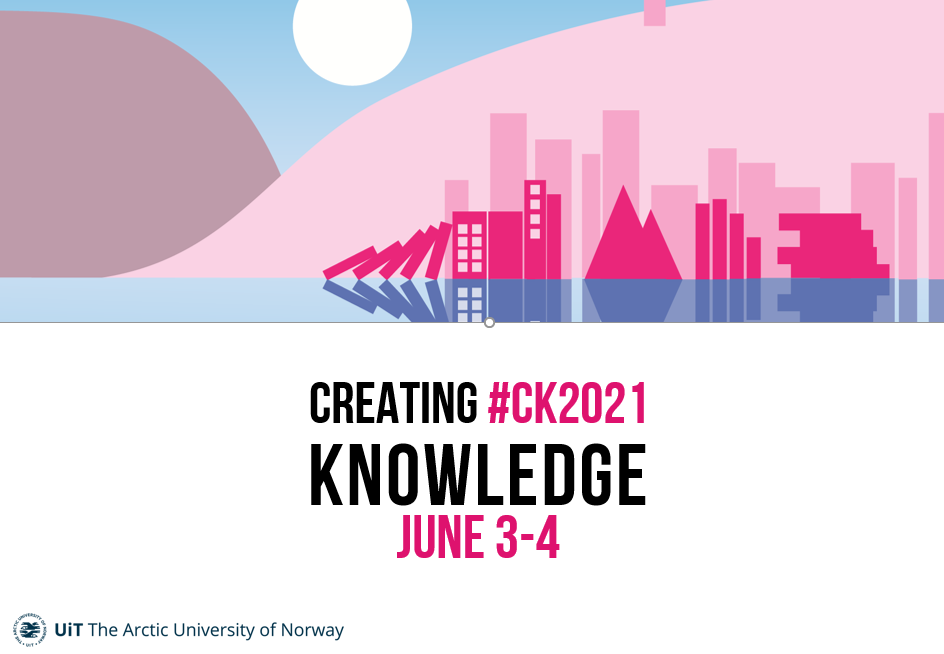Resourcing the Information Literacy Space
DOI:
https://doi.org/10.7557/5.5859Keywords:
information literacyAbstract
Teachers and students are important stakeholders in the information literacy(IL) space. Yet, talking about IL beyond the library can be like speaking a foreign language or engaging with a narrow ‘research skills’ focus. Our project explored what the information literacy space we inhabit looks like and sought ways to develop a common language. We see this space as capturing the unique contribution libraries and librarians, disciplines and teachers, digital information ecosystems and tools, and institutional learning contexts have on creating capable, critical, information literate learners. As part of this project, we define IL as involving the processes, strategies, skills, competencies, expertise and ways of thinking which enable individuals to engage with information to learn across a range of platforms (both digital and traditional learning environments), to transform the known, and discover the unknown. In this presentation, I will share three key resources developed to extend the IL conversation into secondary school and tertiary sector classrooms and libraries within this project:
•The Feekery Information Literacy Model – This model captures different literacies underpinned by IL within cross-sector learning contexts. It is designed to foster a shared understanding of IL.
•The ‘Are You Ready’ Self-awareness Rubric - This tool enables students to self-assess their readiness for tertiary study, teachers to develop appropriate resources and curricula, and researchers to measure the success of teachers’ literacy strategies in terms of student learning.
•The Rauru Whakarare Evaluation Framework – An evaluation approach using indigenous knowledge to critique and engage deeply with information. It supports teachers, students and librarians to explore information quality and its contribution to learning. I will share insights into the resources’ development, their use during our collaborative partnership project, and insights about how these resources supported teachers, librarians, and students to actively engage in the information literacy space.
Metrics
References
Information literacy spaces –project website and blog. https://informationliteracyspaces.wordpress.com/
Link to Rauru Whakarare Evaluation Framework and Descriptors. https://informationliteracyspaces.wordpress.com/rauru-whakarere-evaluation-framework/
Emerson, L., Macaskill, A., Rawlins, P., Greenhow, A., Kilpin, K., Lamond, H., White, S., Doughty, C., Feekery. A., & O’Connor, R. (2019). Teacher and librarian perspectives on information literacy, and the secondary-school library’s relationship to information literacy in the classroom. Curriculum Matters, 15, 59-88. https://doi.org/10.18296/cm.0037
Emerson, L., Kilpin, K., White, S., Greenhow, A., Macaskill, A., Feekery, A., Lamond, H., Doughty, C., & O’Connor, R. (2018). Under-recognised, underused, and undervalued: School libraries and librarians in New Zealand secondary school curriculum planning and delivery. Curriculum Matters, 14, 48-68. https://doi.org/10.18296/cm.0029
Feekery, A.J., Chisholm, K., Diesch, F., & Jeffrey, C. (2021, in press). Enhancing students’ professional information literacy: collaboratively designing an online learning module and reflective assessments. Journal of Information Literacy (online soon)
Feekery, A.J & Jeffrey, C. (2019). A uniquely Aotearoa-informed approach to evaluating information using the rauru whakarareevaluation framework. SET: Research Information for Teachers 2019(2). 3-10. https://doi.Org/10.18296/set.0138





